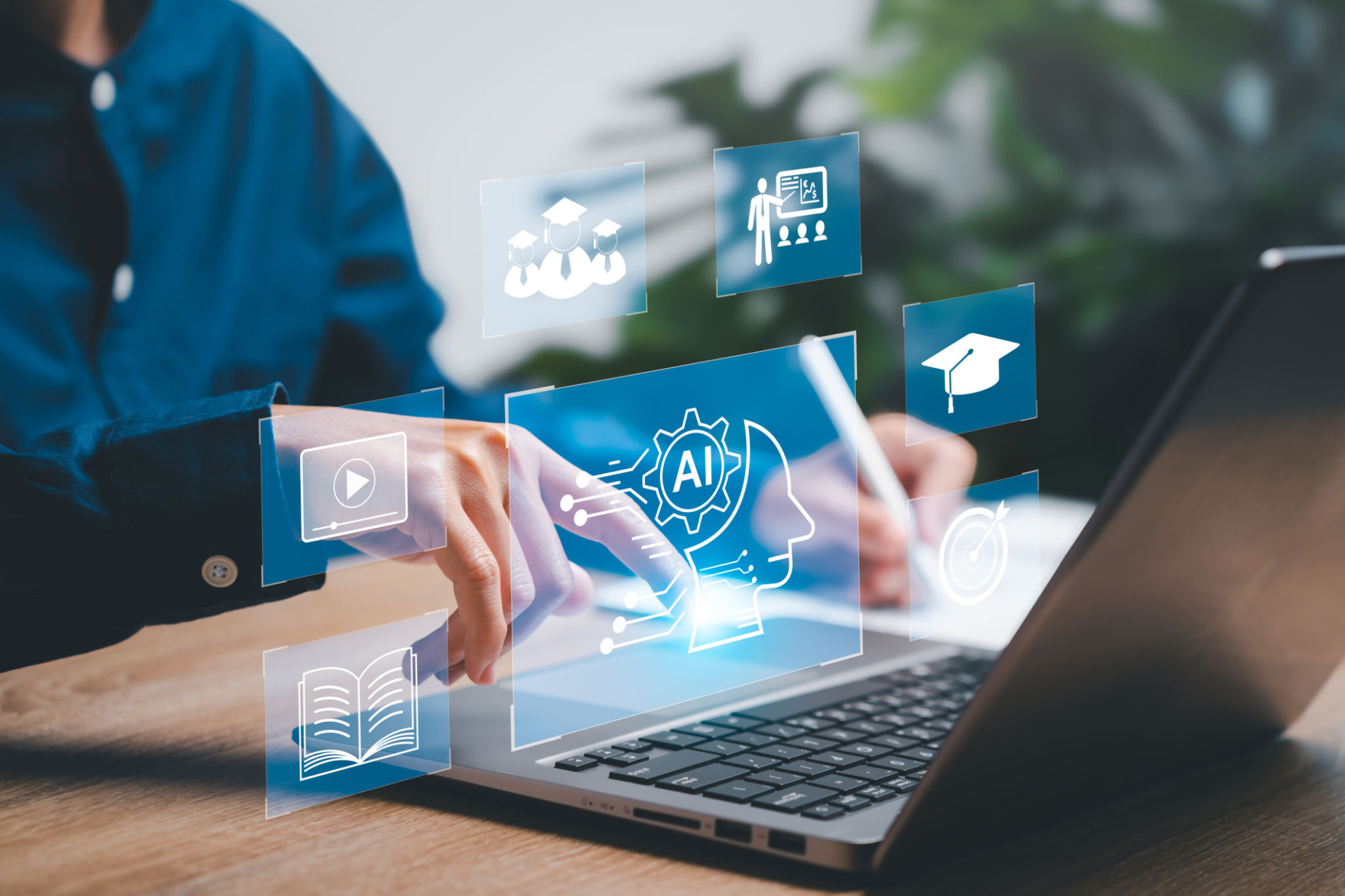AI Trends in Education: What's Shaping the Future for Students in India
Introduction to AI in Education
The integration of artificial intelligence (AI) in education has been a game-changer across the globe, and India is no exception. As we step into a new era of learning, AI technologies are profoundly influencing how students in India experience education. From personalized learning pathways to intelligent tutoring systems, the future of education in India is being reshaped by these advanced technologies.

Personalized Learning Experiences
One of the most significant impacts of AI in education is the ability to offer personalized learning experiences. AI systems analyze students' learning patterns, strengths, and weaknesses to tailor content that suits their individual needs. This approach not only enhances learning efficiency but also keeps students engaged by providing them with relevant challenges and resources. In India, where classrooms can be densely populated, personalized learning is a crucial development.
Adaptive Learning Platforms
Adaptive learning platforms use AI algorithms to adjust the difficulty level of tasks based on the student's performance. This ensures a balanced learning curve, preventing students from becoming either overwhelmed or under-challenged. By incorporating AI into these platforms, educators can focus more on providing support rather than managing the complexity of differentiated instruction.
Intelligent Tutoring Systems
Intelligent tutoring systems (ITS) are another facet of AI making waves in Indian education. These systems simulate one-on-one tutoring by providing instant feedback and guidance to students. They can address queries in real-time and offer explanations tailored to individual learning styles. ITS is especially beneficial in regions where access to qualified teachers may be limited.

AI-Powered Assessment Tools
AI is also revolutionizing the way assessments are conducted. Traditional testing methods are being replaced by AI-powered tools that offer more comprehensive evaluations of a student's capabilities. These tools can assess not just rote memorization but also critical thinking and problem-solving skills through advanced data analytics techniques.
Automated Grading Systems
Automated grading systems save educators significant time by instantly grading exams and assignments. This technology ensures consistency and impartiality in evaluations while freeing up teachers to focus on developing more meaningful interactions with students.
Bridging Educational Gaps
AI holds the promise of bridging educational gaps across different socio-economic backgrounds in India. By providing quality resources and teaching aids through digital platforms, AI helps ensure that every student has access to high-quality education regardless of their geographical location or economic status.

Language Processing Technologies
Natural language processing (NLP) is being used to break down language barriers, offering multilingual support and enhancing comprehension for students who speak diverse dialects and languages. This is crucial in a country like India with its vast linguistic diversity.
Conclusion: The Future of Education in India
The integration of AI in education presents numerous opportunities for transforming how students learn in India. As these technologies continue to evolve, they promise to make education more accessible, personalized, and efficient. However, it is essential for policymakers, educators, and technologists to work collaboratively to address challenges such as data privacy and digital literacy to ensure that the benefits of AI can be realized by all.